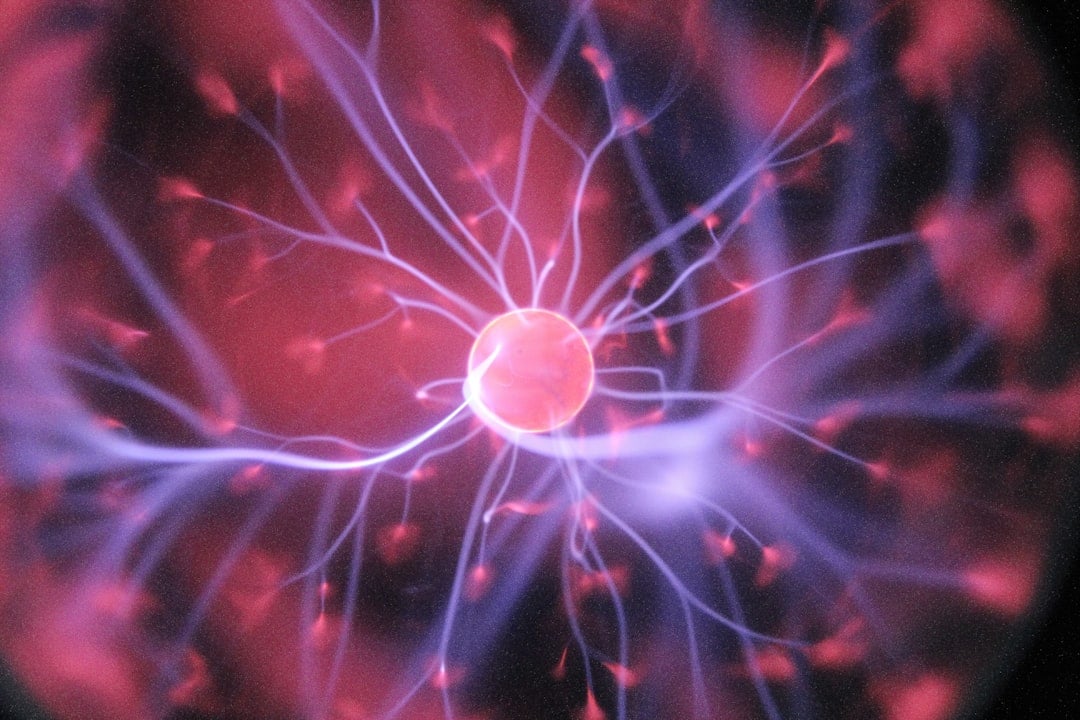Lyme disease is a condition that is carried by infected black-legged deer ticks. These ticks are usually found in wooded areas with tall grass. Ticks intended targets are deer and other woodland animals, but will just as easily attach themselves to hikers, hunters, and unsuspecting adventurers. Lyme disease cases are consistently on the rise and the CDC estimates that the current numbers, around 300,000 cases every year, are dramatically underreported.
Dr. Joseph Schneider, DC, DACNB head neurologist at the Hope Brain and Body Recovery Center utilizes state-of-the-art treatment methods and expertise to help patients suffering from Neurologic Lyme Disease. Our team understands how much of a burden Lyme Disease can be and want to help you manage your symptoms and restore your quality of life.
Symptoms of Lyme Disease
If you catch the tick before it burrows into your skin, it’s possible to prevent Lyme disease from taking hold. If the tick has broken through your skin, a red bulls-eye pattern will form around the bite. By the time you notice this pattern, you will likely need to undergo a round of antibiotics to combat the primary infection and attempt to prevent a series of secondary infections. Early detection and intervention are critically important in preventing a series of long-term Lyme Disease symptoms. Below is a list of conditions associated with Lyme disease as well as the stages at which they occur:
Short Term Symptoms (3 – 30 Days)
-
- Fever & chills
-
- Muscle and joint aches
-
- Swollen lymph nodes
-
- Severe headaches
-
- Chronic fatigue
-
- Erythema migrans (EM) rash:
-
- Occurs in approximately 70% – 80% of infected persons
-
- Sometimes clears as it enlarges, resulting in a “bulls-eye” pattern
-
- Can form on any area of the body
-
- Erythema migrans (EM) rash:
Long Term Symptoms (+30 days)
-
- Continued headaches and neck stiffness
-
- Heart palpitations or an irregular heartbeat
-
- Episodic dizziness
-
- Inflammation of the brain and spinal cord
-
- Nerve damage (numb extremities)
-
- Facial palsy (loss of function in one half of the face)
-
- Arthritic pain, especially in the knees and other large joints.
- Full body musculoskeletal aches and pains
What is Neurological Lyme Disease?
When a tick successfully burrows into the skin, it introduces a bacteria called borrelia burgdorferi that is responsible for the onset of Lyme Disease. The primary condition isn’t considered neurological until it permeates the blood barrier and accesses the brain and central nervous system. At this point, oral anti-biotics become significantly less effective, and more specialized intravenous antibiotic treatment is required.
Neurological symptoms can develop days, weeks, or months after the initial tick bite. Symptoms that may indicate that the disease has progressed to a neurologic condition are headaches and a stiff neck. Other symptoms may include facial nerve palsy (Bell’s palsy), blurred or double vision, spine pain, confusion, and chronic fatigue. Neurologic Lyme disease may also cause brain fog, impairing your ability to think, memory recollection, and ability to process information.
-
- Cranial nerve: When the cranial nerves are affected by Lyme, facial palsy can occur on one or both sides of the face.
-
- Peripheral nerve: patients can develop radiculoneuropathy, causing numbness, tingling, shooting pain, or weakness in the arms or legs.
-
- Central nerve: can cause fever, severe headaches, abnormal sensitivity to light, and stiff neck.
Treating Neurological Lyme Disease
Facial palsy is treated with oral antibiotics and Lyme meningitis can either be treated with oral or intravenous antibiotics, depending on severity. Most people experiencing the early onset of Lyme disease respond well to antibiotic therapy and fully recover. If you don’t seek immediate treatment, there are varying degrees of permanent nervous system damage that may develop in late-stage Lyme disease.
To add to that, they will notice a slow degradation of the body functions leading to arthritis, heart problems, and neurological problems affecting the brain and the nervous system. Patients can experience persistent pain, fatigue, or cognitive disability that lasts as long as 6 months, sometimes even years.
Neurological Lyme disease requires a specific intravenous antibiotic protocol to rid the bacteria from your central nervous system and brain tissue.
Why Choose Hope Brain & Body Recovery Center for Treatment?
When seeking treatment for neurological conditions, you shouldn’t settle for anything but the most premium treatment. Dr. Joseph Schneider has over 30 years of clinical experience and has attended to over 11,000 patients with a wide array of neurological conditions.
Dr. Schneider has firsthand experience with neurological treatment, having suffered a stroke in 2017. Thanks to his incredibly talented associates and personal knowledge of treatment methods, has made a miraculous recovery. He has devoted his life to the neurological health of his patients and uses his firsthand experience of the recovery process to improve the treatment methods used at Hope Brain & Body Recovery Center.
Choosing Hope Brain & Body Recovery Center gives you access to some of the most modern technical treatment equipment available. We utilize a wide range of modern diagnostic equipment that helps our specialists build some of the most comprehensive neurological profiles for our patients. This means we are able to offer more accurate diagnoses, discover underlying conditions, as well as use the information to create therapy plans that are uniquely designed for each patient.
Lyme Disease Therapy Available in Chadds Ford, Pennsylvania
If you have more questions or concerns about Lyme Disease or the available treatment methods, reach out to the specialists at the Hope Brain and Body Recovery Center for more information. Call our offices to speak with a representative from our team or schedule a consultation online today!





